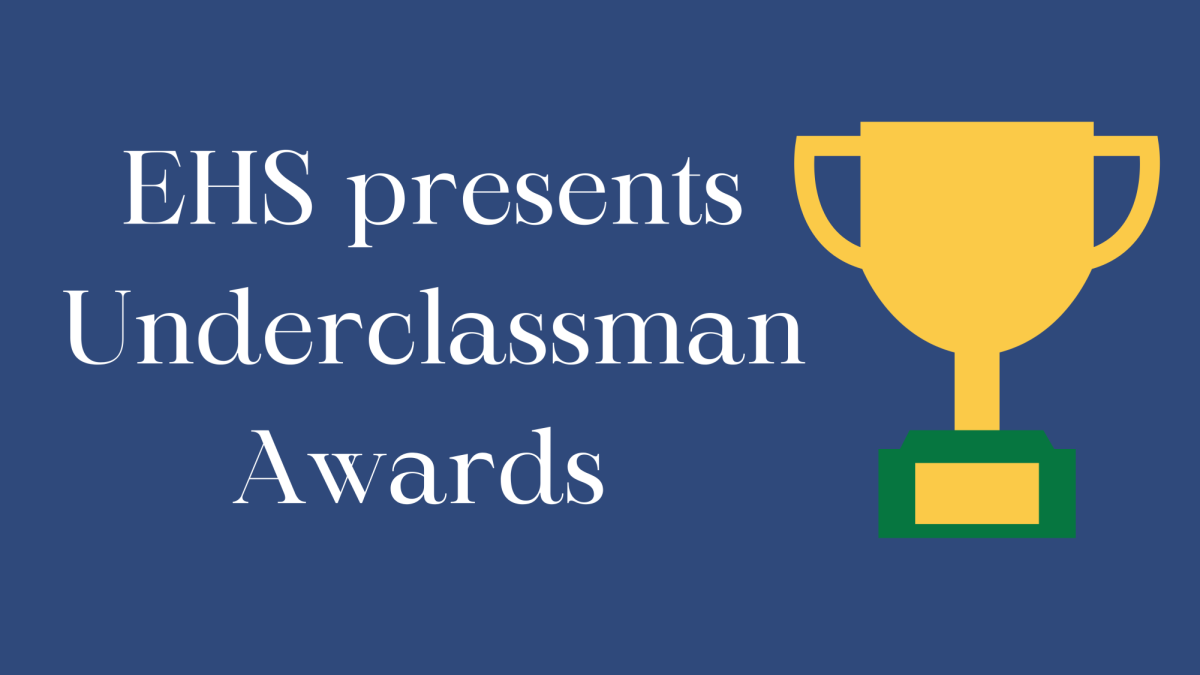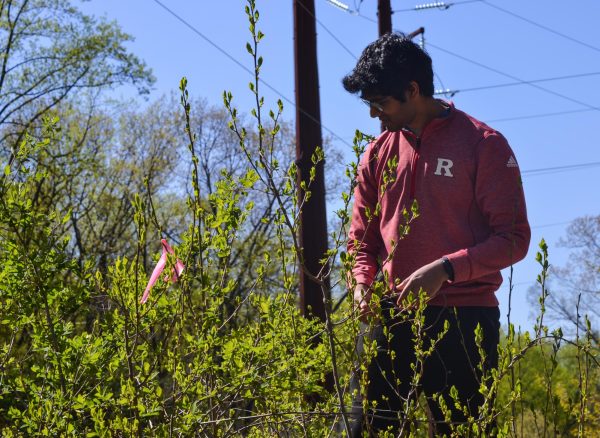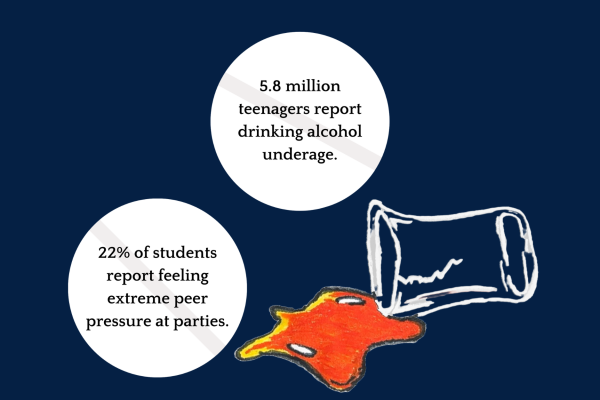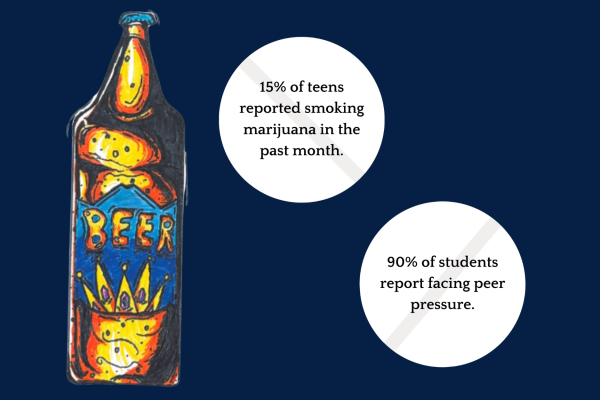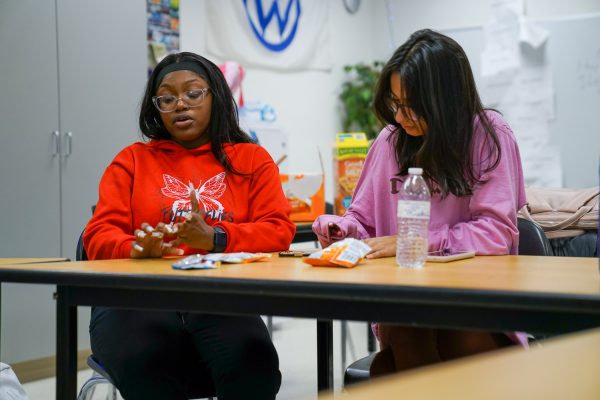Interview with Brian Pum, AP Government & Politics teacher
June 19, 2021
As Mahanoy Area School District v. B.L. is under review by the Supreme Court, the extent of students’ free speech hangs in the balance.
Brian Pum, who teaches Advanced Placement United States Government and Politics at Emmaus High School, weighs in on some aspects of this modern landmark SCOTUS case.
Stinger: What is the basic conflict at the root of Mahanoy v. B.L?
Pum: Student speech & schools.
Stinger: Who do you believe the SCOTUS will rule in favor of in the case of Mahanoy v. B.L.? What’s your prediction on the divide?
Pum: It’s interesting because BL was a part of the team, which carries rules of conduct, and the court in the past has allowed schools to enforce rules off “school grounds” (Morse v. Frederick). The case with Morse was a 5-4 decision. Liberal justices tend to protect student speech; conservative justices tend to protect speech above almost any limitation. If the court rules in favor of the school, I believe it will be a very narrow decision as to not provide schools the ability to expand their powers.
Stinger: What kind of historical precedent could this create?
Pum: It could set the precedent of what schools can regulate after school is over. It could have far-reaching effects for things like school punishment for online bullying, obscene language and possibly even to school newspapers. I don’t think the court will do this, again, I’m confident it’ll be a narrow opinion.
Stinger: How would this affect students in schools nationally? What about the East Penn School District specifically?
Pum: SCOTUS decisions affect the whole nation, which would obviously include EPSD. We have to wait for the opinion to be released. If Mahanoy wins, it’ll ultimately be up to EPSD to see how they decide to enforce or not enforce their new “powers.”
Stinger: Could this case overturn the extent of students’ free speech that was set by Tinker vs. Des Moines?
Pum: That would require a very broad decision by the court. I don’t see a situation where the court decides to give a decision that would expand school powers that far.
Stinger: If the court ruled in favor of Mahanoy Area, do you think it would be beneficial to schools and administrators? Or would it cause problems? Why?
Pum: If the court rules in favor of Mahanoy Area, you will see subsequent cases where schools then try to censor student speech that is not involved in school activities. The court is obviously aware of this, which is why I believe they will provide a narrow opinion regardless of the side they take.
Stinger: Do you think the conservative majority on the court will hold any bearing on the ruling?
Pum: Historically, conservative justices have protected and expanded free speech. This can be seen in cases like Citizens United and other cases dealing with consumer advertising. I think a conservative majority creates a higher threshold for Mahony to reach to win.
Stinger: If you were on the Supreme Court, how would you rule on this case? Do you think schools should be able to limit students’ speech off campus grounds?
Pum: To make a real educated decision I’d have to listen to the oral arguments being made by both BL’s attorney and Mahanoy City. Schools are allowed to have regulations for extracurricular activities (i.e. No vaping policy at EHS with sport teams); however, obscene speech that was not threatening is entirely different and tough to regulate. It would be a slippery slope to grant schools the ability to police this.
Stinger: Should students care about this case? Should teachers? Why?
Pum: Absolutely. First, any citizen should be aware of their rights and evolution of them through SCOTUS precedent. Second, students should be aware that social media isn’t a vacuum that disappears. It is a great tool that can also be a weapon. Posts don’t disappear, any future employer or university can access them. Think about the consequences.



